Salvia seeds
$100.00
Salvia Seeds: A Comprehensive Guide.
Description:
Salvia seeds, particularly *Salvia divinorum*, is a fascinating plant known for its psychoactive properties. While most discussions focus on the leaves and extracts, salvia seeds also play a crucial role in the plant’s propagation and cultivation. This article will explore the characteristics of salvia divinorum seeds, their cultivation, uses, and the legal status surrounding them. Additionally, we will address common questions about salvia divinorum seeds to provide a well-rounded understanding of this intriguing plant.
What Are Salvia Seeds?
Salvia divinorum seeds are the reproductive structures of the salvia plant, specifically *Salvia divinorum*. These seeds are small, typically measuring about 1 to 2 millimeters in length, and are produced in seed pods after the plant flowers. The seeds are essential for propagation, allowing new plants to grow and thrive in various environments.
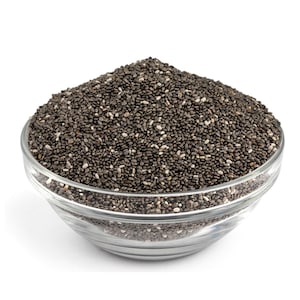
Characteristics of Salvia Divinorum Seeds
Salvia divinorum seeds are small and flat, with a dark brown to black coloration. They have a hard outer shell that protects the embryo inside. The seeds require specific conditions for germination, including moisture, warmth, and light. Understanding these characteristics is crucial for successful cultivation.
Cultivation of Salvia from Seeds
Growing salvia from seeds can be a rewarding experience, but it requires patience and attention to detail. Here are the steps involved in cultivating salvia from seeds:
1. Seed Selection: Choose high-quality seeds from a reputable source to ensure good germination rates.
2. Soil Preparation: Use a well-draining potting mix that retains moisture but allows excess water to escape. A mix of peat moss and perlite is often recommended.
3. Sowing Seeds: Scatter the seeds on the surface of the soil and lightly press them down. Do not cover them with soil, as they require light for germination.
4. Watering: Mist the soil gently to keep it moist but not soggy. Overwatering can lead to seed rot.
5. Light Conditions: Place the seeds in a warm location with indirect sunlight. A temperature range of 70-80°F (21-27°C) is ideal for germination.
6. Germination Time: Salvia divinorum seeds typically take 2 to 4 weeks to germinate. Be patient and continue to provide the necessary care during this period.
Transplanting Seedlings
Once the seedlings have developed a few sets of true leaves, they can be transplanted into larger pots. This process involves carefully removing the seedlings from their initial container and placing them in individual pots with fresh potting mix. Ensure that the new pots have drainage holes to prevent waterlogging.

Care for Growing Salvia Plants
After transplanting, proper care is essential for the healthy growth of salvia plants. Here are some key care tips:
– Watering: Water the plants regularly, allowing the top inch of soil to dry out between waterings. Avoid overwatering, as this can lead to root rot.
– Fertilization: Use a balanced, water-soluble fertilizer every 4-6 weeks during the growing season to promote healthy growth.
– Light Requirements: Salvia plants thrive in bright, indirect sunlight. If growing indoors, consider using grow lights to provide adequate light.
– Pruning: Regularly prune the plants to encourage bushier growth and remove any dead or yellowing leaves.
Harvesting Salvia Seeds
Once the salvia plants have flowered, they will produce seed pods containing new seeds. Harvesting these seeds involves waiting until the pods turn brown and dry. Carefully collect the seeds and store them in a cool, dry place until you are ready to plant them.
Uses of Salvia Seeds
While salvia divinorum seeds are primarily used for propagation, they also have cultural significance. In some traditions, the seeds are used in rituals and ceremonies. However, the psychoactive properties of salvia are mainly attributed to the leaves and extracts rather than the seeds themselves.
Legal Status of Salvia Seeds
The legal status of salvia divinorum seeds varies by region. In some areas, salvia seeds are legal to possess and cultivate, while in others, they may be restricted or banned. It is essential to check local laws and regulations before purchasing or cultivating salvia seeds.

Common Questions About Salvia Seeds
Can I grow salvia from seeds?
Yes, salvia can be grown from seeds. Proper care and conditions are necessary for successful germination and growth.
How long do salvia seeds take to germinate?
Salvia seeds typically take 2 to 4 weeks to germinate, depending on environmental conditions.
Are salvia seeds psychoactive?
No, salvia seeds do not possess psychoactive properties. The psychoactive effects are primarily found in the leaves and extracts of the plant.
Where can I buy salvia seeds?
Salvia seeds can be purchased from various online retailers, gardening stores, or specialty nurseries. Ensure you buy from reputable sources.
Conclusion
Salvia divinorum seeds are an essential component of the salvia plant’s life cycle, allowing for propagation and cultivation. Understanding their characteristics, cultivation methods, and legal status is crucial for anyone interested in growing salvia. While the seeds themselves do not possess psychoactive properties, they play a vital role in the plant’s growth and cultural significance. As interest in salvia continues to grow, so does the importance of responsible cultivation and awareness of local regulations.
Be the first to review “Salvia seeds” Cancel reply
Related products
Other Psychedelic
Other Psychedelic
Other Psychedelic
Other Psychedelic
Other Psychedelic
Other Psychedelic
Other Psychedelic
Other Psychedelic


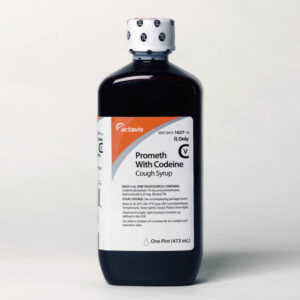
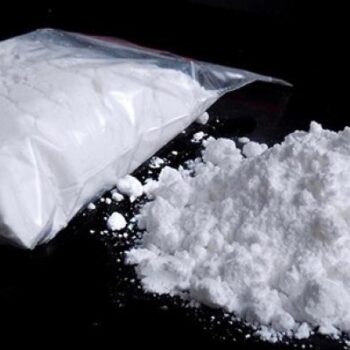



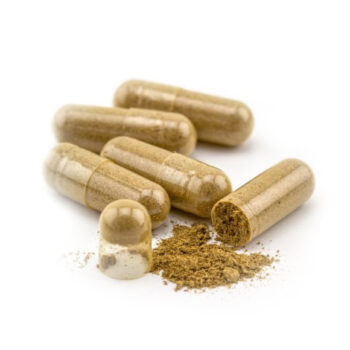
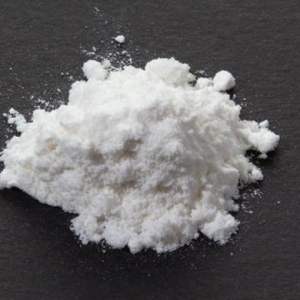
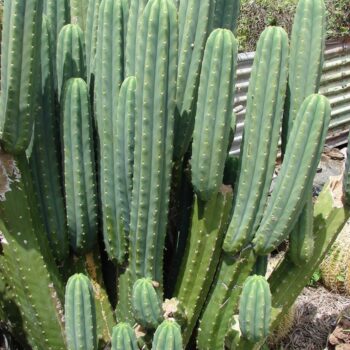
Reviews
There are no reviews yet.